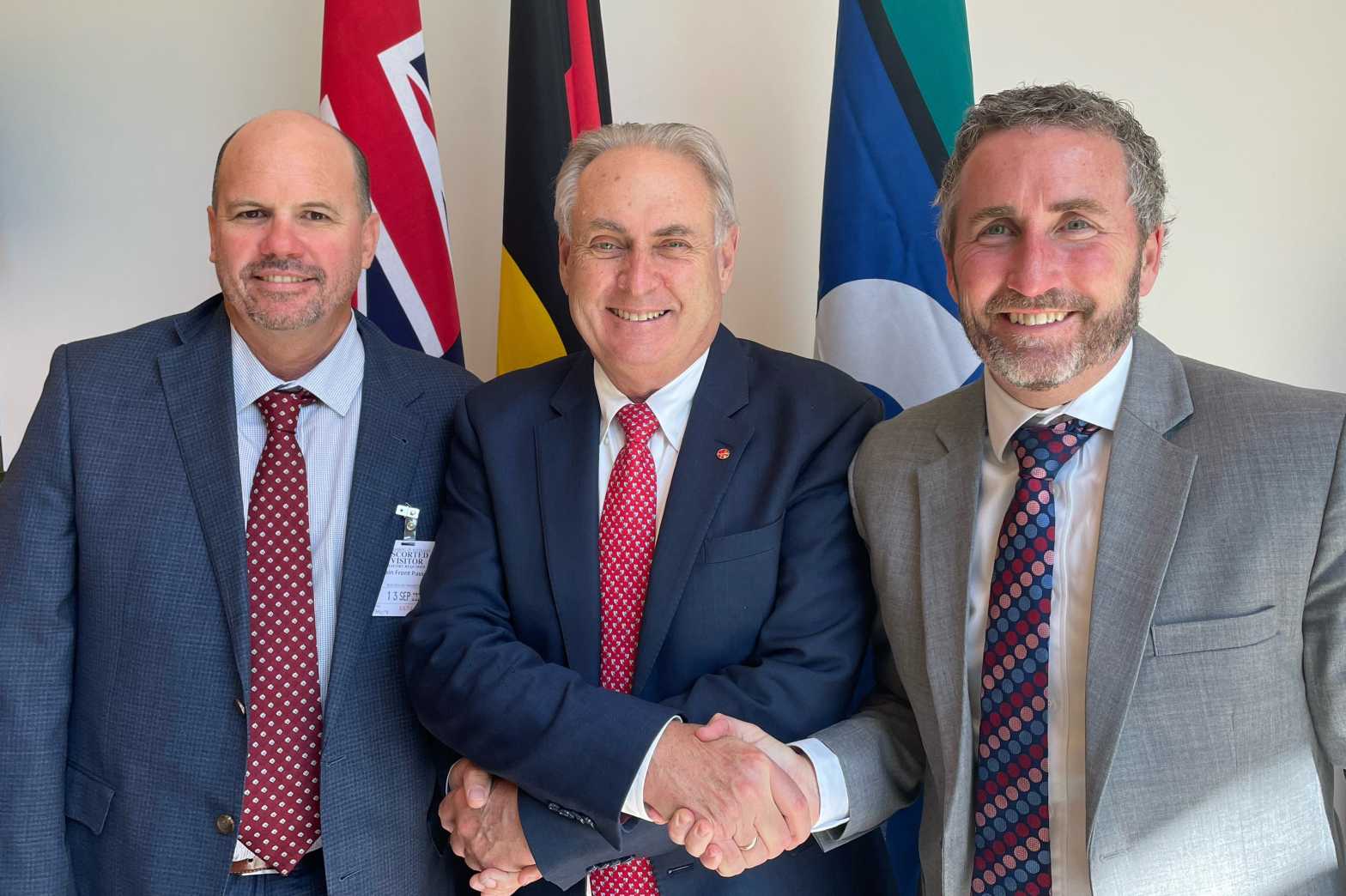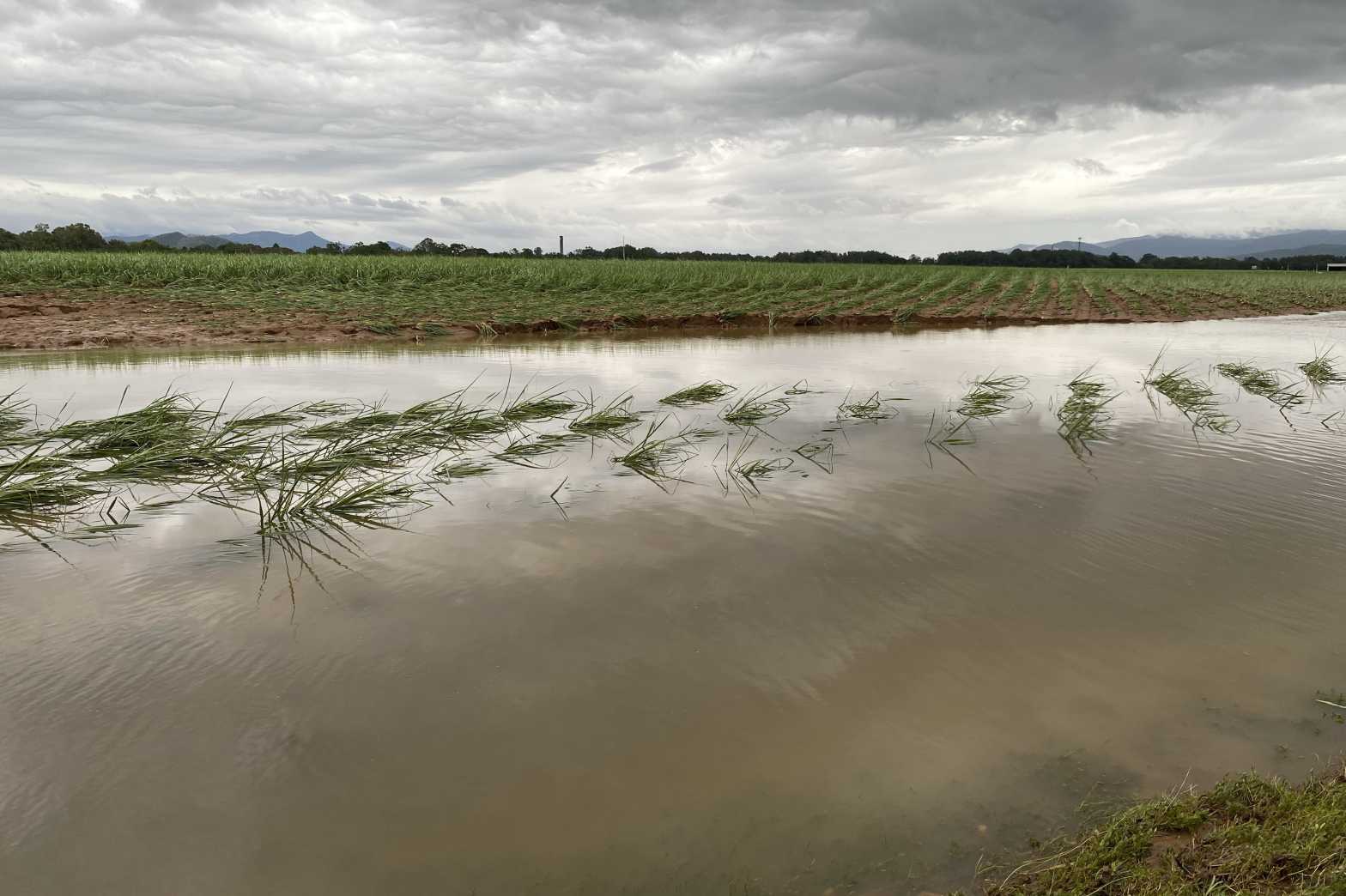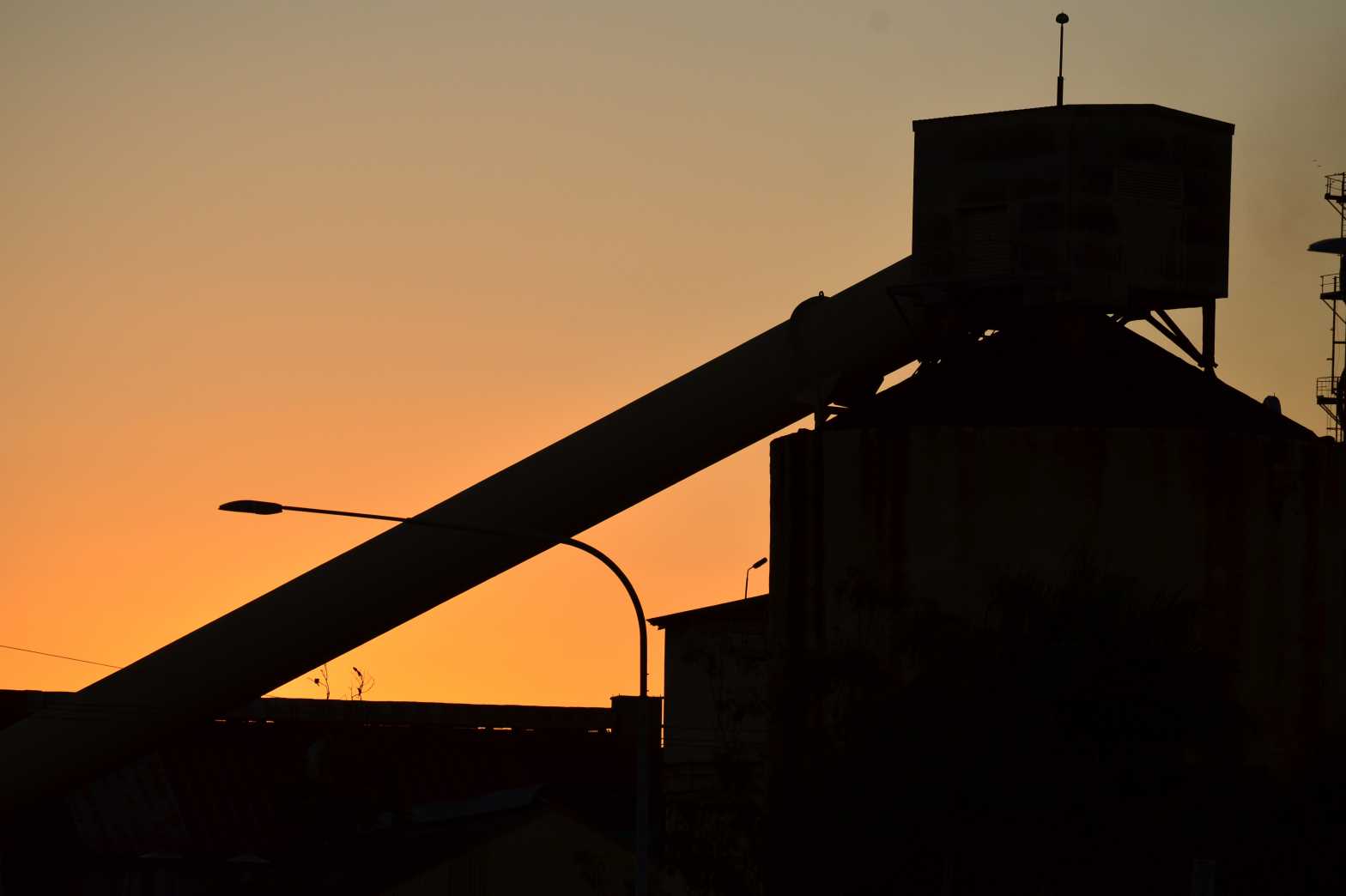As I write this week’s column, I am on a flight to Canberra, where I’ll travel to Parliament House with CANEGROWERS CEO Dan Galligan for a series of high-level meetings with ministers and senior advisors from the departments of Trade, Agriculture, and Environment.
At these meetings we will advocate on behalf of Queensland cane growers and the whole Australian sugarcane industry.
This type of high-level advocacy is just one of the roles CANEGROWERS conducts on behalf of the industry. However, it’s not just the industry that ultimately benefits, but the community as a whole.
For example, one of the big issues on the table when we meet with the agriculture and environment chiefs will be biosecurity and what more the government can do to tackle the devastating impacts of feral pigs, fire ants, and other invasive weeds and pests.
These biosecurity problems impact everyone, from our grain growers in western Queensland to the tourists trekking along the pig-rutted tracks of our national parks.
They also have the potential to put a serious dent in the state and national economy, not to mention curtailing the outdoor lifestyle Australians are accustomed to.
How, you ask?
Grains are one of Australia’s largest agricultural exports, worth billions of dollars to the economy each year.
However, should a program to eradicate the invasive plant Red Witch Weed fail, resulting in the spread of this invasive weed into grain growing regions, exports would be seriously disrupted.
Similarly, if left unchecked, fire ants also have the potential to cost us billions in risks to inbound tourism revenue, not to mention making the backyard barbeque with friends and family a thing of the past.
CANEGROWERS will be pushing the government to ensure the programs designed to deal with pigs, fire ants and red witch weed, as well as other important biosecurity programs, are properly resourced and funded.
On trade we will be pushing the government to strive for greater market access for Australian sugar in the free trade deal with Europe.
A stronger more secure industry, which is not reliant on a limited number of markets, has the confidence to invest, expand and diversify, which ultimately brings jobs and prosperity to the regions.
On environmental issues we will be pushing the government to work with growers to implement the solutions we’ve offered around efficient and effective ways to tackle the challenging issues around the Great Barrier Reef and greenhouse gas emission reductions.
On the reef, we’ll be sharing stories of the hard work growers have undertaken to ensure they maintain profitability while minimising any impact on local waterways, and demonstrating how this work is now being recognised in the international marketplace.
In short, we will be working hard to ensure politicians and policy makers truly understand how their policies impact farmers and demonstrate to them that working with farmers to find solutions leads to better outcomes for everyone.




